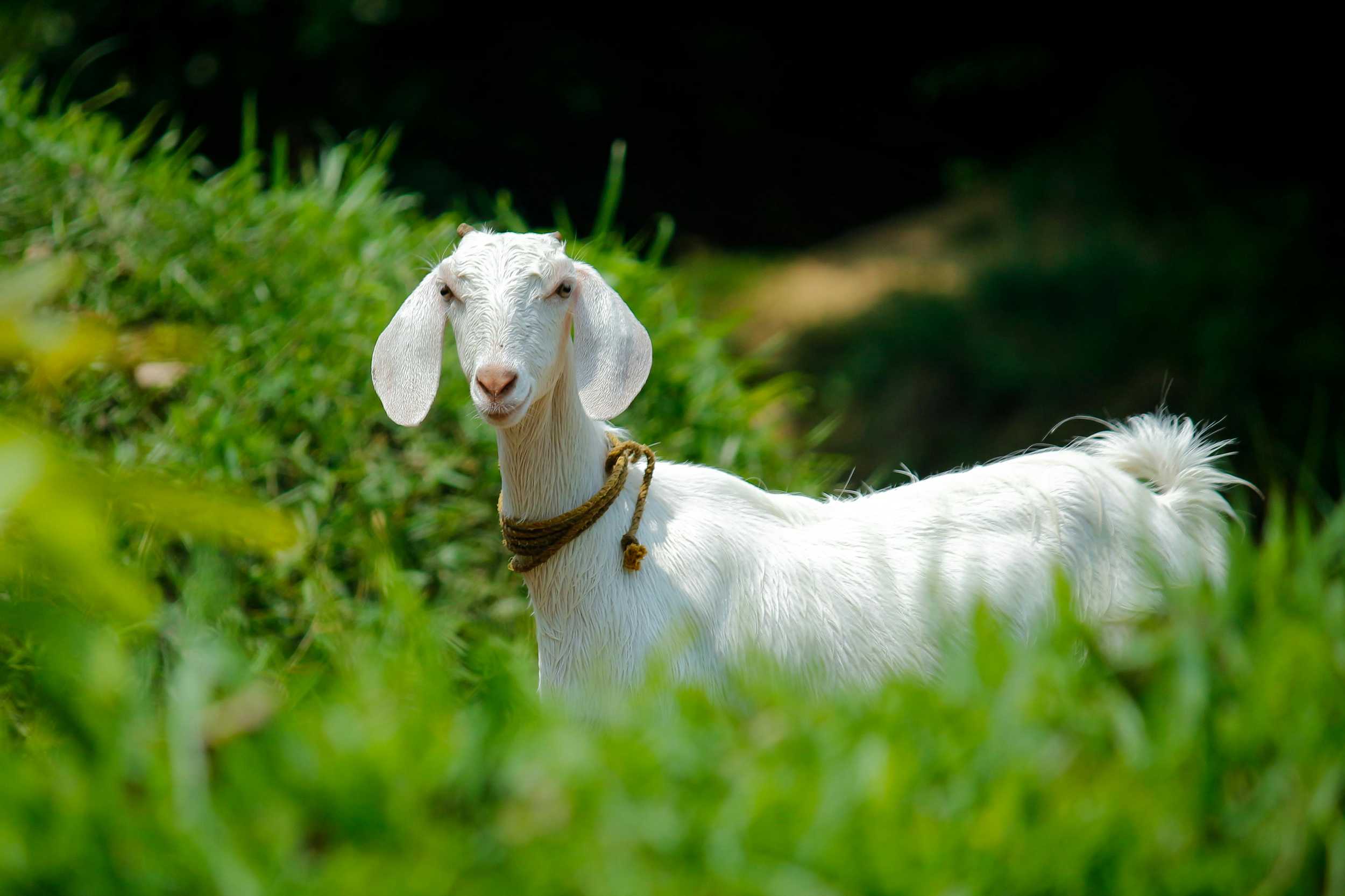Worm infections in goats and sheep can pose a serious health threat. Many animals are currently dewormed preventively to avoid these effects. However, unnecessary deworming is unhealthy and increases the risk of resistance. Fortunately, preventive measures can significantly reduce the risk of infection. In this blog, we explain how to prevent a worm infection.
In short, worm infections in sheep and goats can be prevented through a combination of good pasture management, manure control, health monitoring, and fecal testing. By applying these preventive measures, you can keep your animals healthy and reduce resistance.
Don't hesitate to contact our team if you have any further questions. We’re happy to help!

